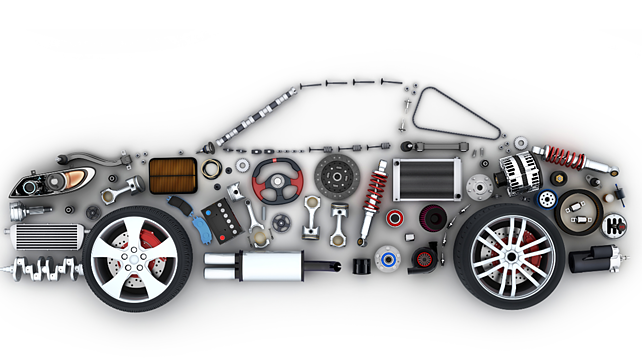
In the VUCA (Volatility, Uncertainty, Complexity, and Ambiguity) world, the Indian component industry needs to become more agile, flexible, and customer focussed to succeed in the new normal. A joint study undertaken by ACMA and PwC, which was released at the 61st ACMA annual session stated.
According to the study “Best practices in Living with Volatility: Survival, Revival and Growth”, the key elements for the survival of the auto component industry is to become financially prudent and efficiently manage the risks.
The revival in the industry needs investment towards digital transformation, leadership development, enhanced capabilities, agility in supply chain and stabilisation of manufacturing as per demand.
The study highlighted that the growth in the industry is expected to come on the back of the CASE (Connected, Autonomous, Shared & Electrified) disruption, new markets for exports and aftermarkets, focus on innovation and evaluating trade-offs to arrive at future product categories.
“Over the next decade, the industry is likely to maintain a healthy growth trajectory but may face high volatility,” the study revealed.
The 61st annual session of ACMA was centred on the Indian automotive industry’ resolve to survive, recover, and explore new growth opportunities, amidst the most challenging humanitarian and business crisis due to the pandemic.
Deepak Jain, President, ACMA said, “The year 2020-21 witnessed the second successive year of contraction in vehicle sales in India and overall vehicle sales fell by over 13.6%. The component industry also witnessed a de-growth of 3%. With the second wave of pandemic, the revival of our industry has again been put to test. However, despite several challenges the industry has displayed remarkable resilience with collaborative spirit.”
The industry is now witnessing a gradual resurgence of demand for vehicles, and Jain said he is hopeful that the industry will be able to ensure business continuity and return to pre-COVID levels of performance, sooner rather than later.
The sessions brought spotlight on the way the automotive value chain has collaborated to display remarkable resilience and ensure business continuity.
Mahendra Nath Pandey, Union Minister for Heavy Industries said a more concerted effort towards skilling and localisation can help the industry navigate through the tough times and address many problems. “The industry needs to transition to the next generation of mobility to stay relevant and focus on localisation and technology development,” the minister said.
The transition of automobiles towards electric mobility is inevitable and the auto industry should strive to make India a global leader in electric mobility. The right approach would be to de-risk supply chains by boosting localisation and reducing import dependency. For India to be a manufacturing nation, the auto and the auto component sector will have to play a defining role, said Amitabh Kant, CEO, NITI Aayog.